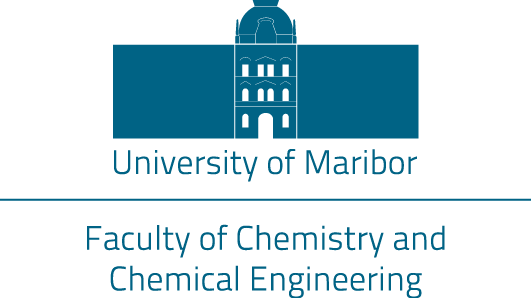T1: ENERGY IN THE CIRCULAR ECONOMY
ENERGY EFFICIENCY
- Utilization of excess heat
- Optimization of energy in production processes – Sector coupling
- Energy storage
RENEWABLE AND LOW-CARBON ENERGY SOURCES
- Energy use of biogenic sources
- Synthetic energy carriers
- Renewable and low-carbon energy sources
- Electrification
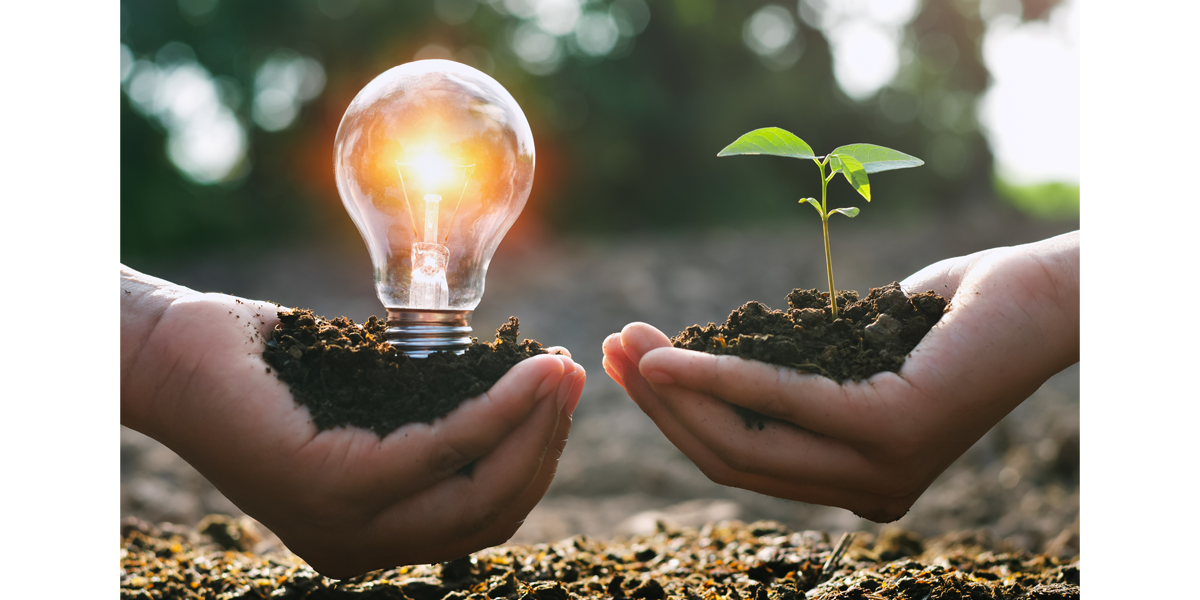
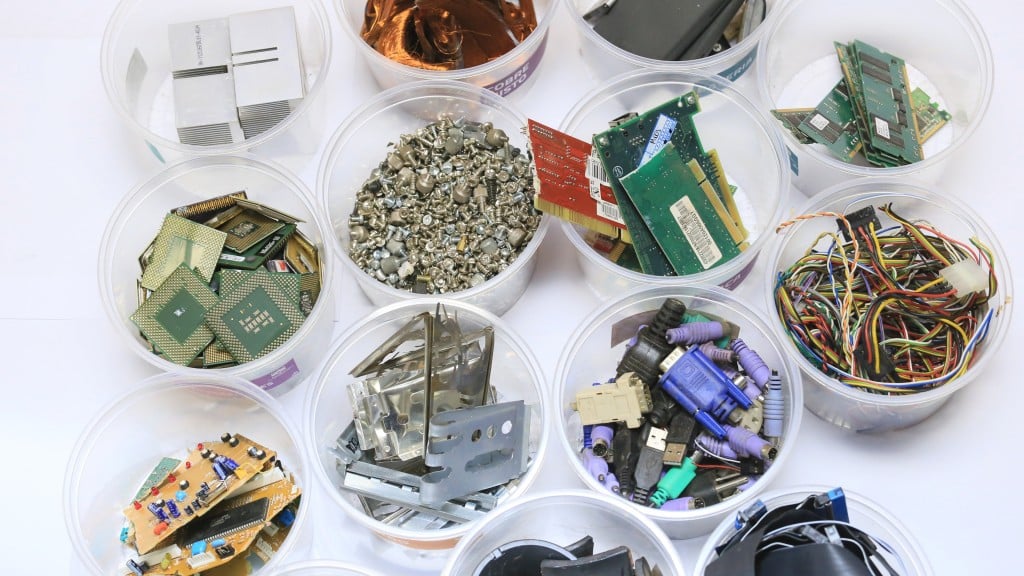
T2: SECONDARY RAW MATERIALS & FUNCTIONAL BIOCOMPOSITES
BY-PRODUCTS AND RESIDUES FROM BIOMASS PROCESSING
- Mobilization and valorization of biomass residues of plant and animal origin
- Optimization of raw material consumption
- Conversion of residues into biomaterials/bio-products with high added value
BY-PRODUCTS AND RESIDUES OF NON-BIOLOGICAL ORIGIN
- Optimization of raw material consumption
- Recovery of critical materials from waste
- Conversion of residues into secondary raw materials and development of materials/products with high added value
T3: WATER IN THE CIRCULAR ECONOMY
SUSTAINABLE WATER MANAGEMENT
- Reuse of process water
- Wastewater treatment
- Optimization of water consumption in production processes
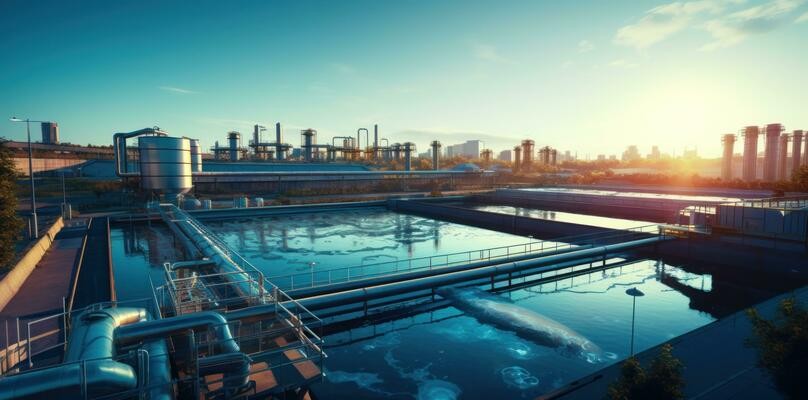
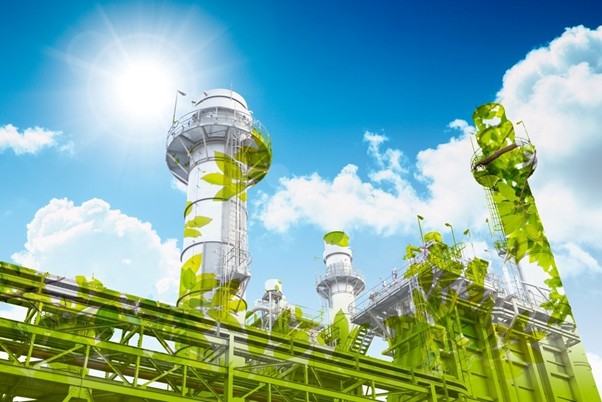
T4: GREEN PROCESSES AND TECHNOLOGIES
- Flexibility and scalability of technologies
- Integration of net-zero principles
- Biorefineries
- Circular use of CO₂
- Development of hydrogen technologies
T5: CIRCULAR BUSINESS MODELS
- Sustainable decision-making
- Standardization
- “Safe and sustainable design”
- Digitalization

